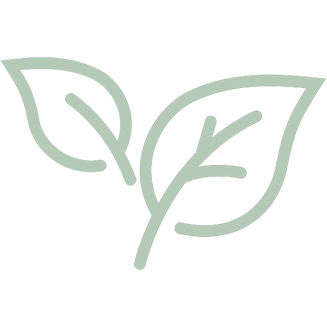Children as Citizens – Building Connections
As a part of our project, Children as Citizens, Children with Rights, we are focusing on what it means to be a citizen at Flinders. In learning of our inquiry, one of our students on placement has been inspired to look more closely at how we can build community between our youngest and oldest groups of children. After much preparation and thought, she began by taking small groups of Sturt House children to visit Baby House. “This is the first time I have ever held a baby’s hand!” Then, after a few visits, some of the Baby House children began to visit Sturt House. “We need to walk slowly with the babies.” Being a citizen at Flinders means being welcome in all our Houses, and being able to build relationships with others. It means focusing on the pathways that connect us, rather than the fences and roads that divide us. It means being supported to engage in meaningful ways, whether that means slowing down to someone else’s pace or bravely reaching out to touch the hand of another. What does being a citizen at Flinders mean to you?
